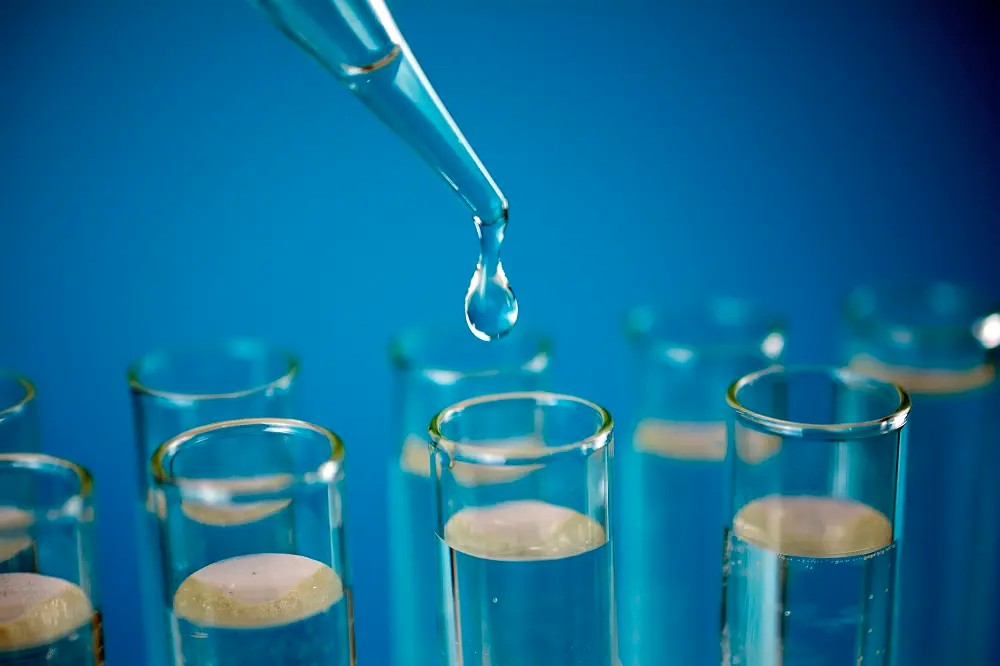It’s not unusual to find hard water. Although there may be no direct health risks, there are nevertheless many ways in which it disrupts daily life at home. You may see fuzzy white spots on your clean dishes, your laundry may feel like you’re touching sandpaper, and your faucets and other plumbing fixtures may be coated with chalk.
Hard water Issues: Some Options
Water takes up minerals from the rocks and soil it flows through on its way to the municipal supply. Calcium and magnesium, for example, are both hard elements that weaken the soap’s performance. They also contribute to the slow but steady buildup of limescale in pipes, which reduces water pressure and flow over time. Pipes choked with calcium and magnesium deposits lead to limescale. The efficiency and lifespan of any machine that need water to work are negatively affected by hard water. This may not seem like a big deal in relation to a coffee maker, but it might have serious consequences for appliances like water heaters and refrigerators.
Water hardness is measured in grains per gallon (gpg) and grains of salt per gallon (ppg). Calcium carbonate dissolved in one gallon of water weighs 0.002 ounces, which is the same as one grain.
The Water Crisis and Its Remedies
Taking precautions before encountering hard water is a good idea. Taking care of a problem with hard water might prevent a number of plumbing problems, some of which are very difficult and costly to repair, and could also solve a number of other problems. You should, of course, keep an eye out for the apparent signs of hard water, but doing some research is much better. The best place to start is by contacting the local municipality or water company, since many of them provide free reports detailing what is included in the water supply. You may also visit a local home improvement store, hardware store, or purchase online for a water test kit. If the water is indeed hard, then the only solution is to invest in a water softening.
Testing equipment for liquids
Depending on the method of analysis, water hardness may be reported in either grains per gallon (GPG) or parts per million (PPM). It’s not a question of whether calcium or magnesium is present in the water, but rather if the concentrations are high enough to cause problems with the plumbing. Although little amounts of calcium and magnesium in water are to be expected, water with concentrations of 7 GPG or 120 PPM is considered hard. If the results of the test show that the water is hard, you should consider installing a water softener as so many other homeowners have done before you.
There are several reasons why it’s important to test the pool’s water, including making sure it’s safe to swim in and functioning properly. The testing pools are now very sensitive to how often it is used or how seldom it is used. It also is affected by the air and water temperatures. Particular vigilance is advised in the summer months, especially when temperatures are high, since bacteria (Legionella) may grow in warm water.
Conclusion
The concentration of chlorine in the water is still another important consideration. Everyone has to find a happy medium in terms of it: there should be enough for sanitising purposes, but not so much that it causes health concerns.











+ There are no comments
Add yours